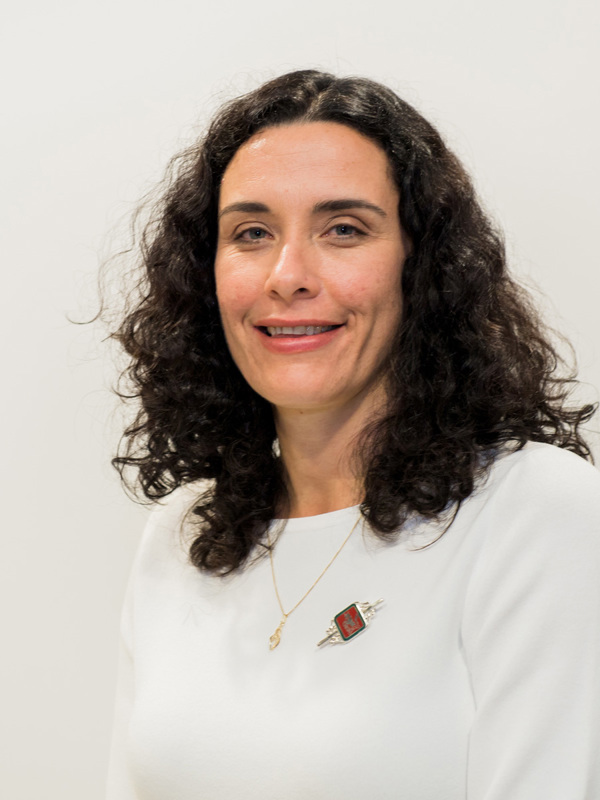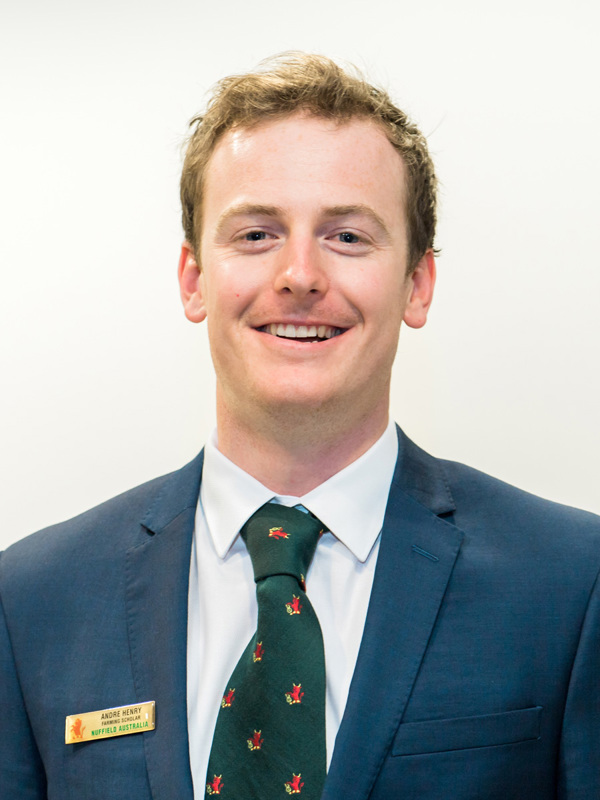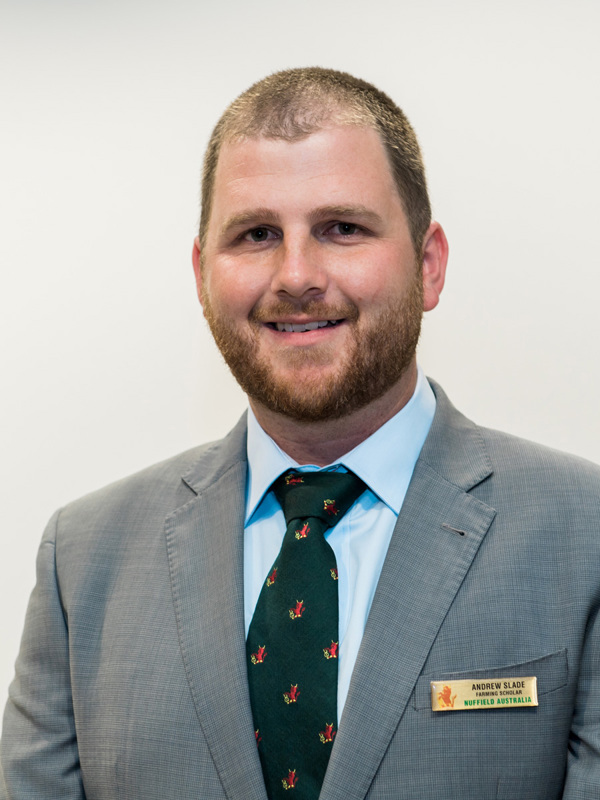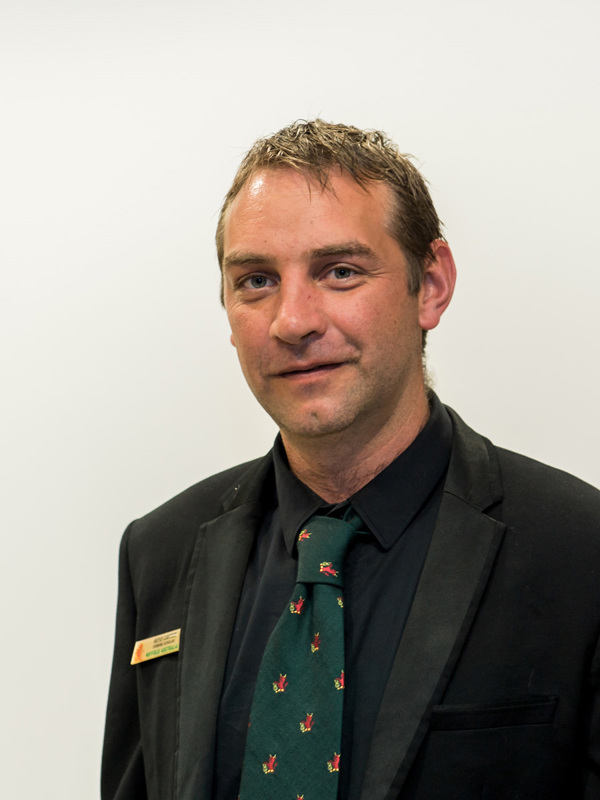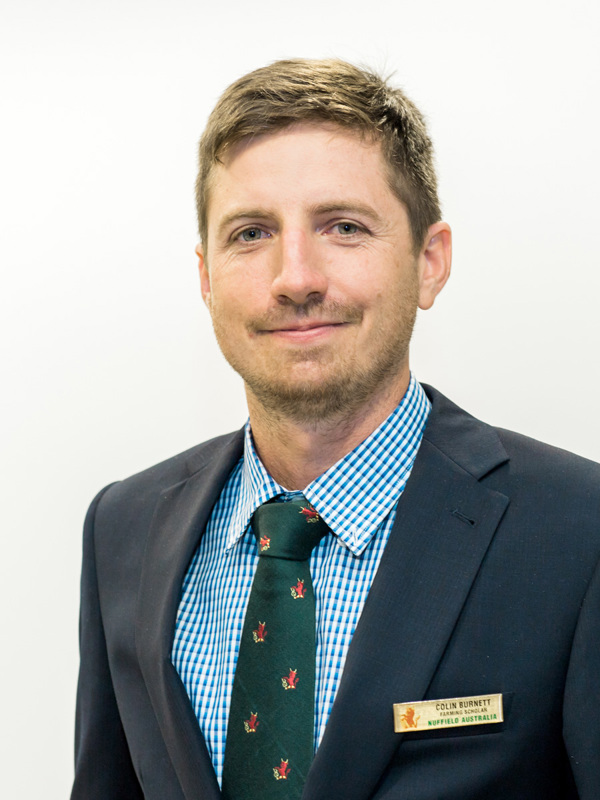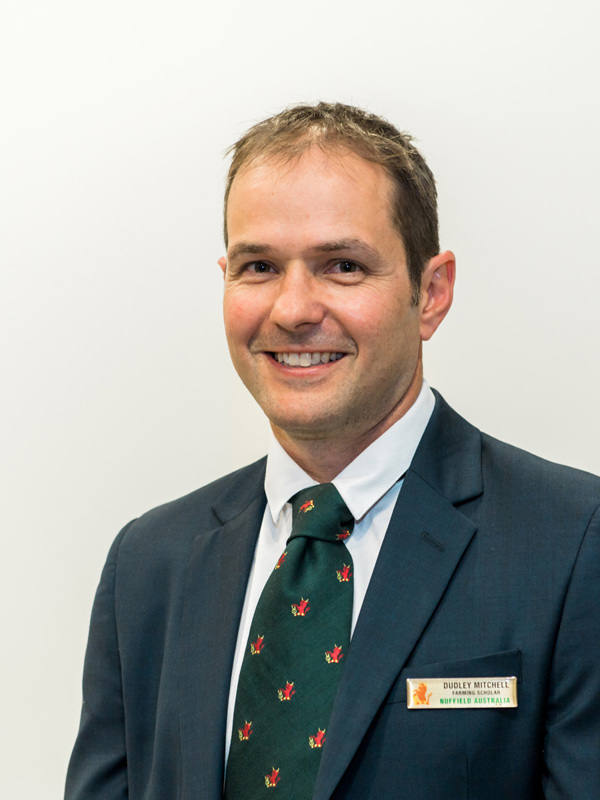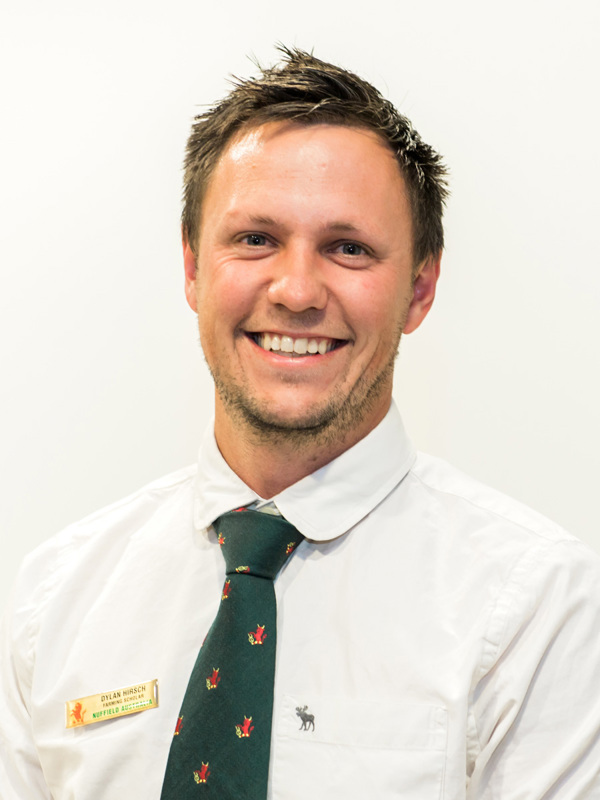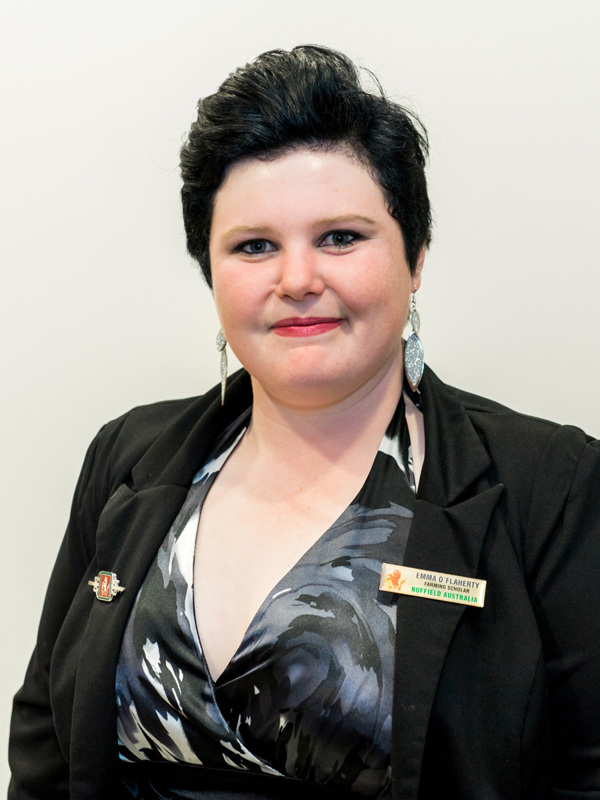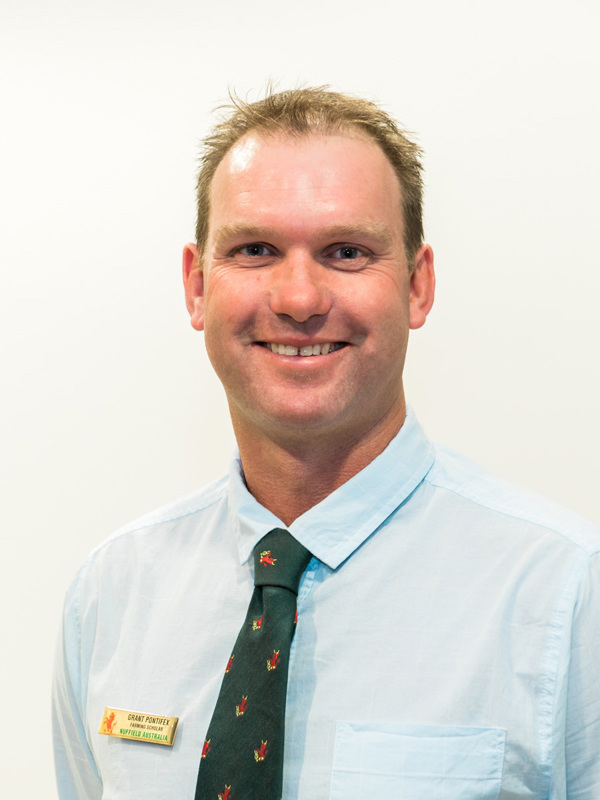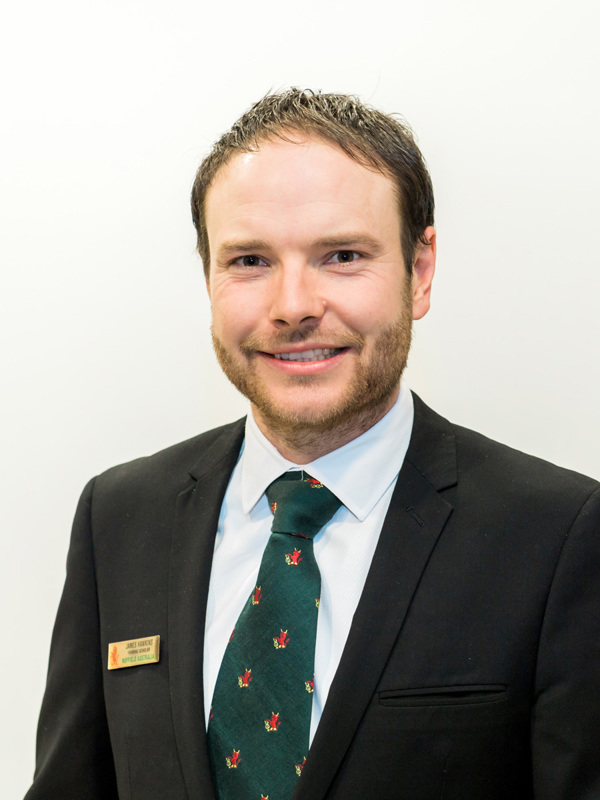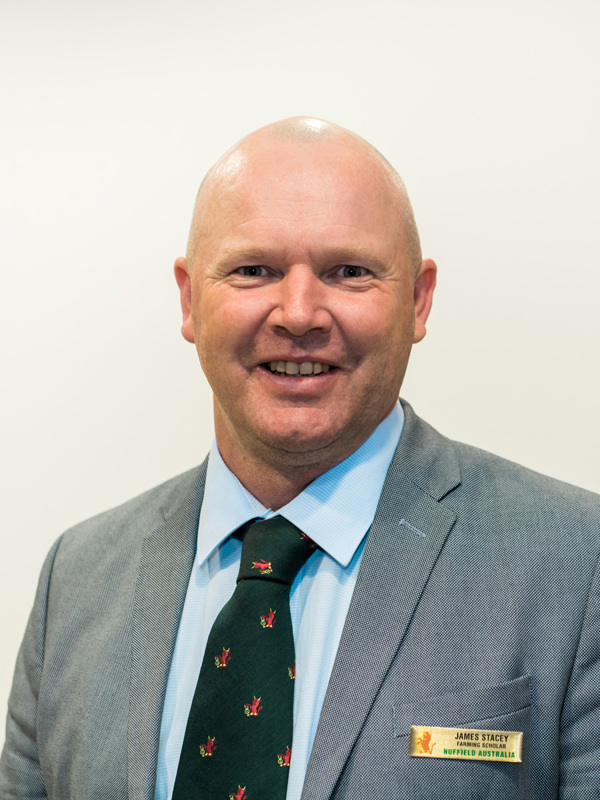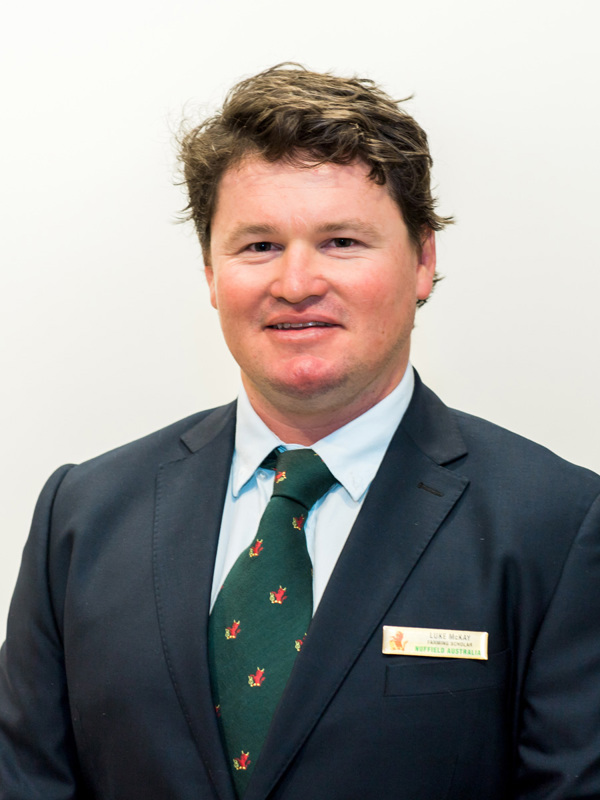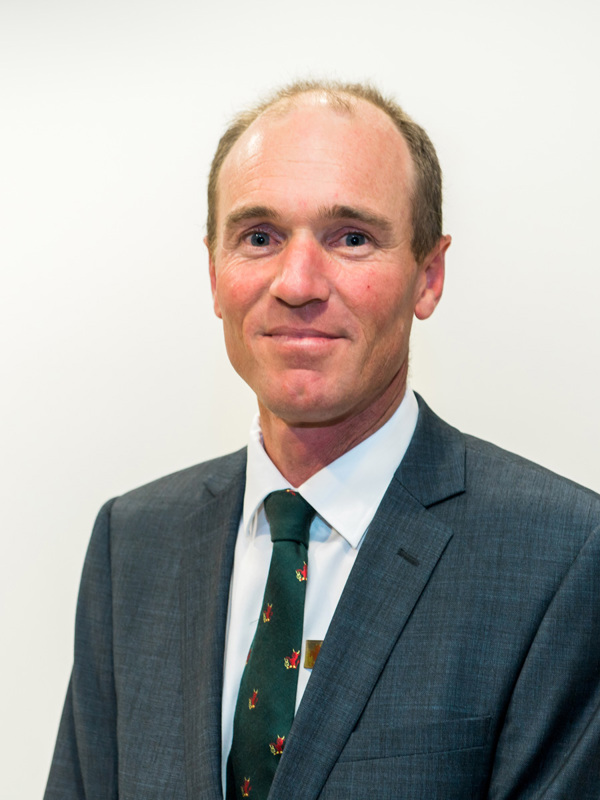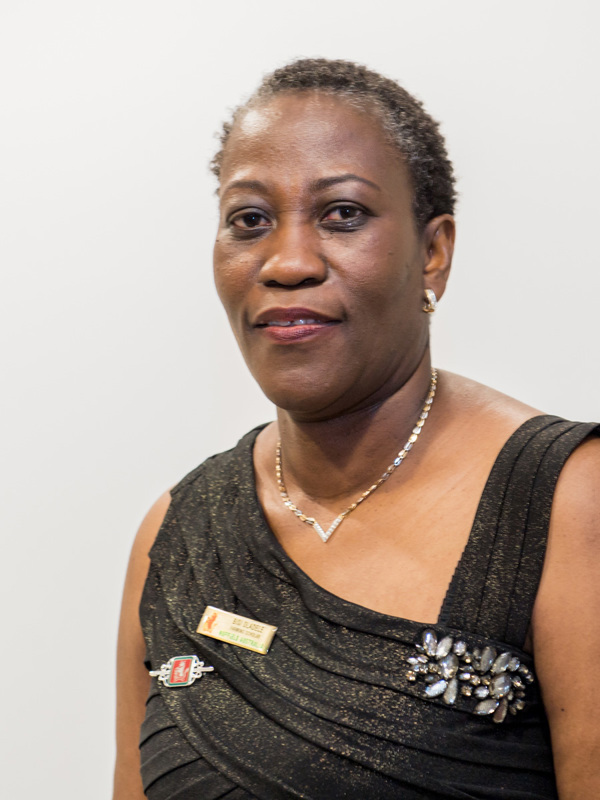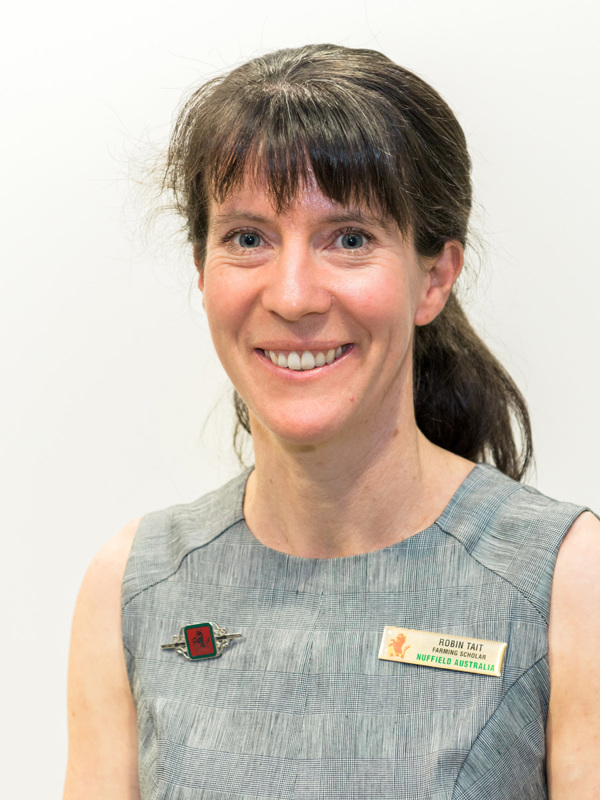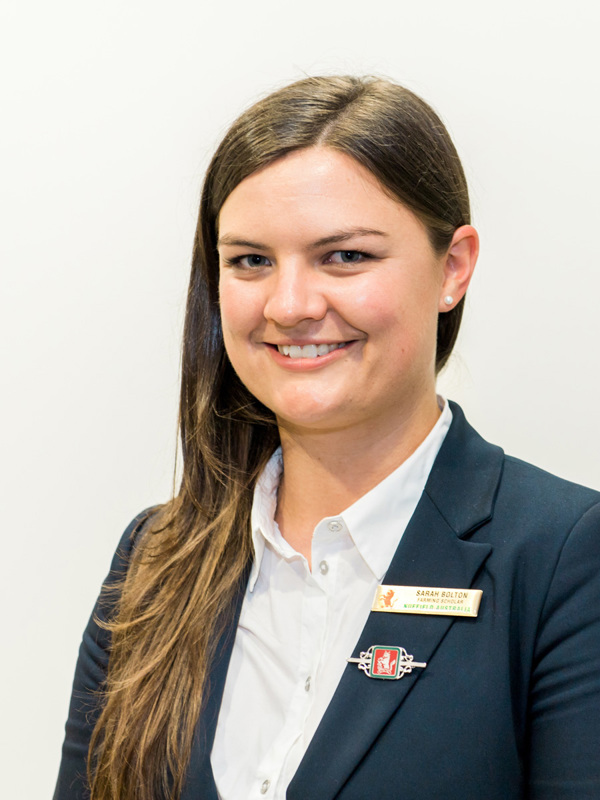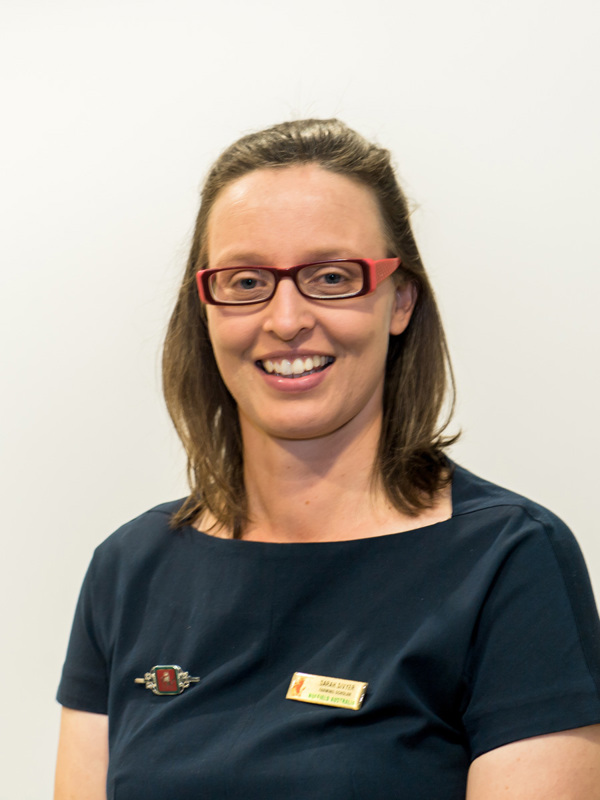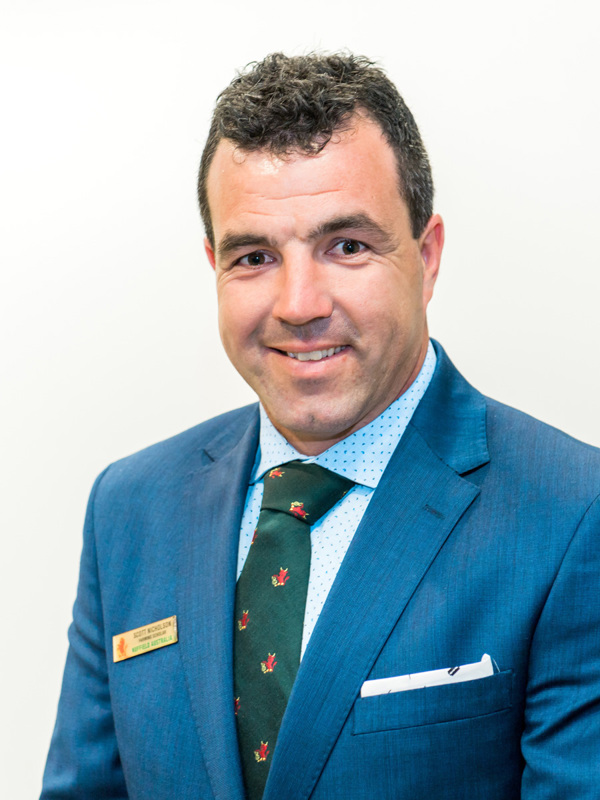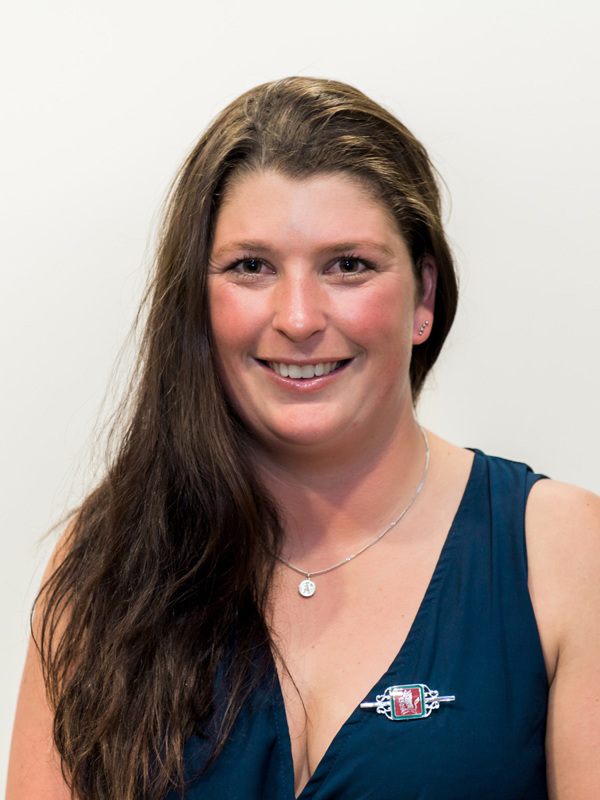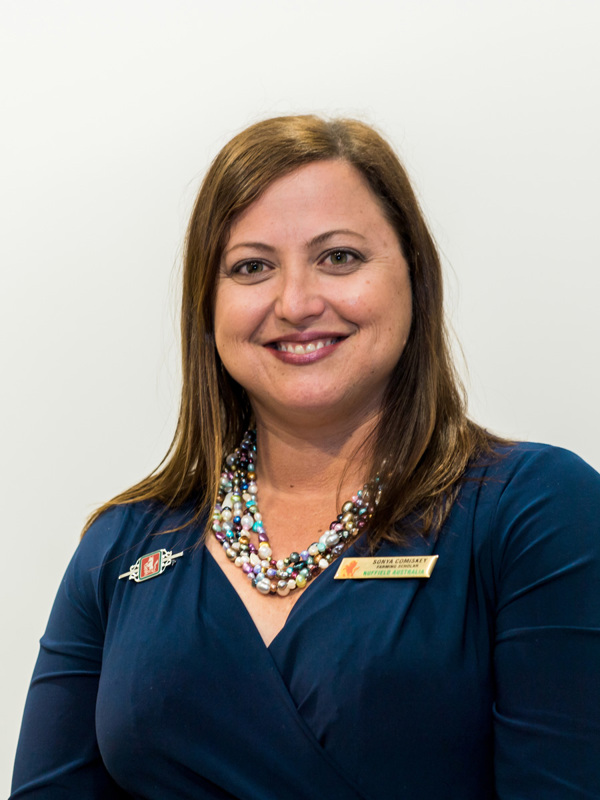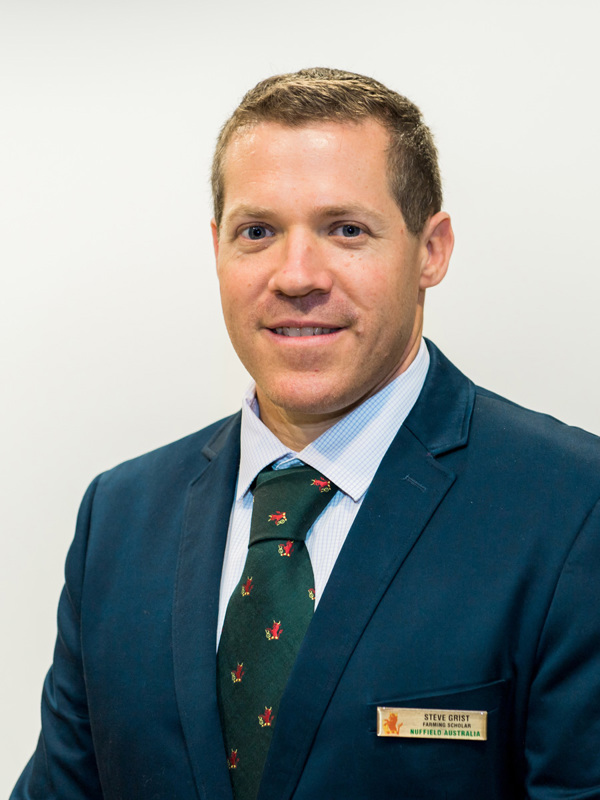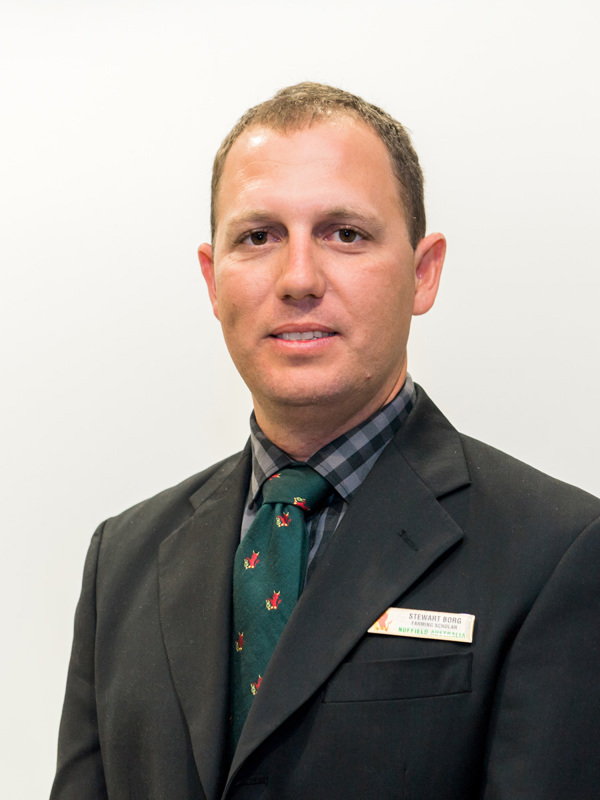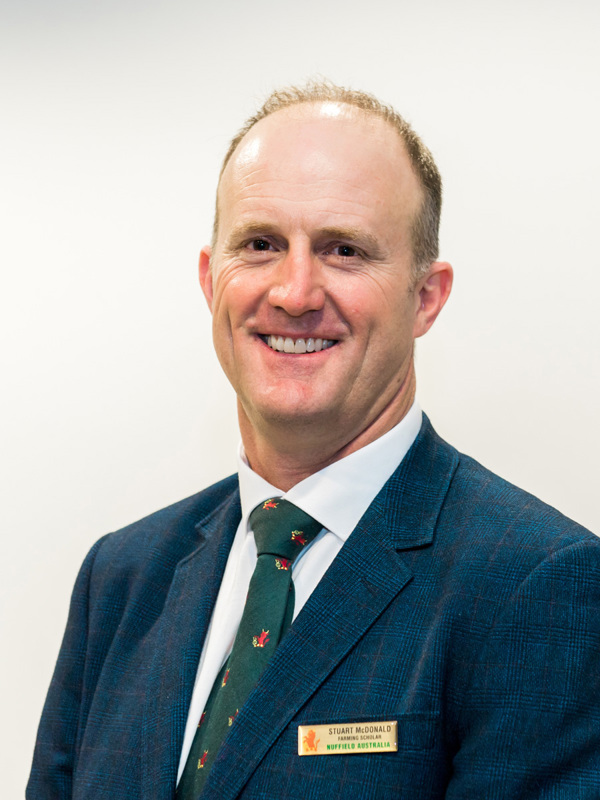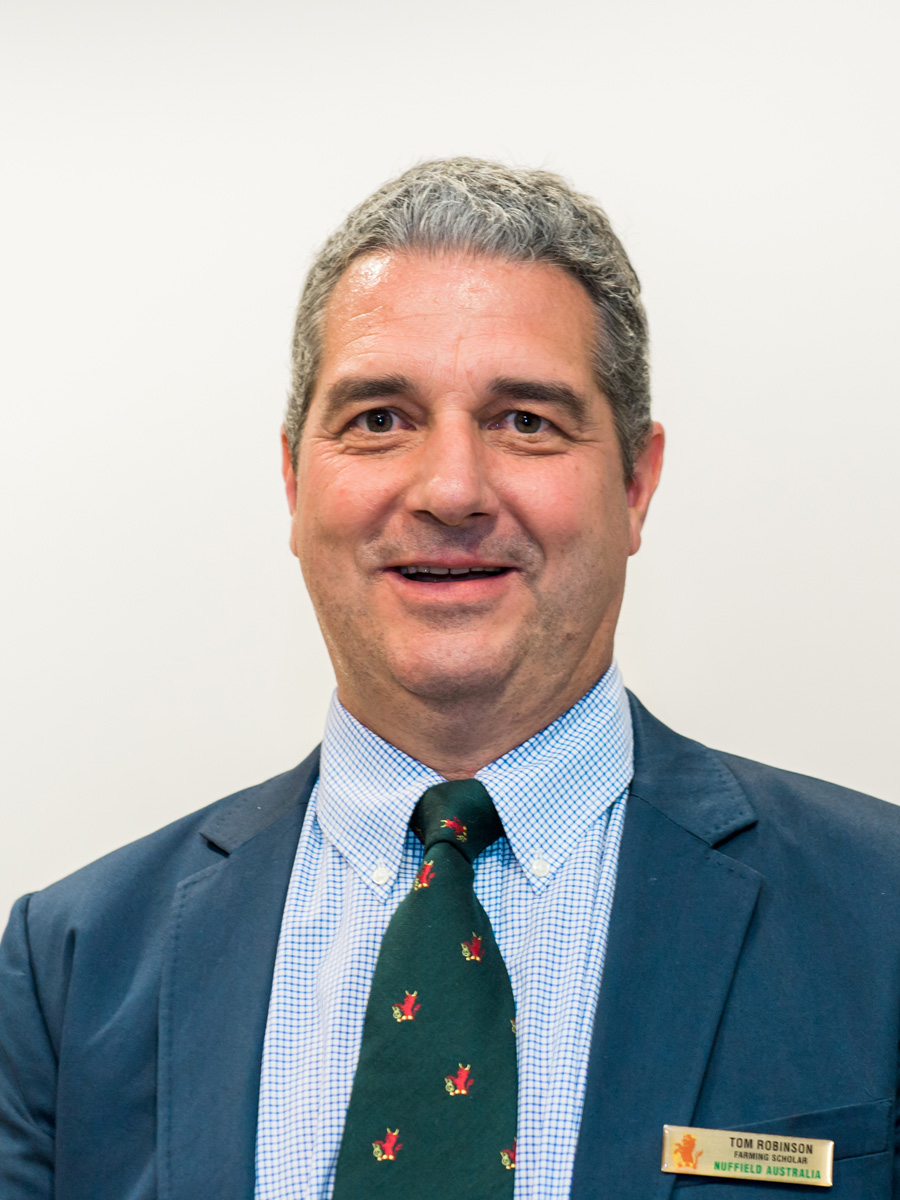
Tom Robinson

Nuffield Australia 2018 Scholar
Tackling the trust issue: why fishers should embrace improved data collection
In a world where the general population relies so heavily on smartphones and tablets to perform day to day tasks like banking, the commercial fishing industry has been slow to adopt electronic reporting on an individual business level. That’s according to a report released by South Australia’s Tom Robinson, a 2018 Scholar and founder of both Pipi fishery, Goolwa PipiCo, and fishing data app, Deckhand.
With support from the Fisheries Research and Development Corporation (FRDC), Mr Robinson travelled across Europe, North America, South East Asia, Japan, Israel, New Zealand and Australia, exploring the reasons behind commercial fishers’ reluctance to move to electronic reporting.
“The commercial fishing industry is heavily reliant on technology to find its catch, but has been puzzlingly slow to move away from paper-based business reporting. Interviewing stakeholders in Australasia, Europe and the United States, I wanted to get to the bottom of this reluctance by understanding different ways commercial and recreational fishers record their catch, and explore what regulators are doing to get themselves ready for electronic reporting and how they intend to use data they receive.”
The report outlines how various international jurisdictions are in the process of working out the best approach to collecting electronic data from fishers.
“In the US state of Maine, I met with a representative from the Atlantic States Marine Fisheries Commission, who was in the process of exploring options for electronic reporting that would become mandatory for the Maine lobster fleet in 2022. Her team was debating the merits of the government providing a single solution that fishers were forced to use, or to use a similar approach to the one being used in South Australia, where the government would provide the interface for third party providers to report into.”
Meeting with a representative from the Fisheries and Aquaculture Department of the UN Food and Agriculture Organisation, Mr Robinson learned that surprisingly, mobile technology is being adopted in third world fishing economies at a greater pace than many developed countries.
“Apps like the global mFish, are designed to make fishing more sustainable by delivering practical solutions using mobile technology. Likewise, the South African Abalobi app collects fishing data from 30,000 artisanal fishers there and helps them maximise the value of their catch,” Mr Robinson said.
Mr Robinson’s research concludes that ultimately there is a perceived risk among fishers that electronically recording fine-scale data can put their businesses at risk by exposing their intellectual property, such as where they catch their fish.
“The cause of many fishers’ reluctance to adopt electronic reporting has little to do with technological barriers. Rather, it is often associated with a fear that electronic fine-scale catch data could be accessed by other stakeholders like government agencies, and used against them for things like marine parks or quota reductions. There are significant benefits associated with moving to electronic reporting that are well understood and well supported by industry. However, until fishers have confidence that the data they collect cannot be used against them, they will remain cautious about recording anything more than their regulatory data. It’s ultimately a trust issue. The fishing industry needs to decide whether to keep withholding its data because of the perceived risk that regulators will use it against it, or whether it will embrace the power of data and technology to unlock more sustainable fisheries management for years to come.”
